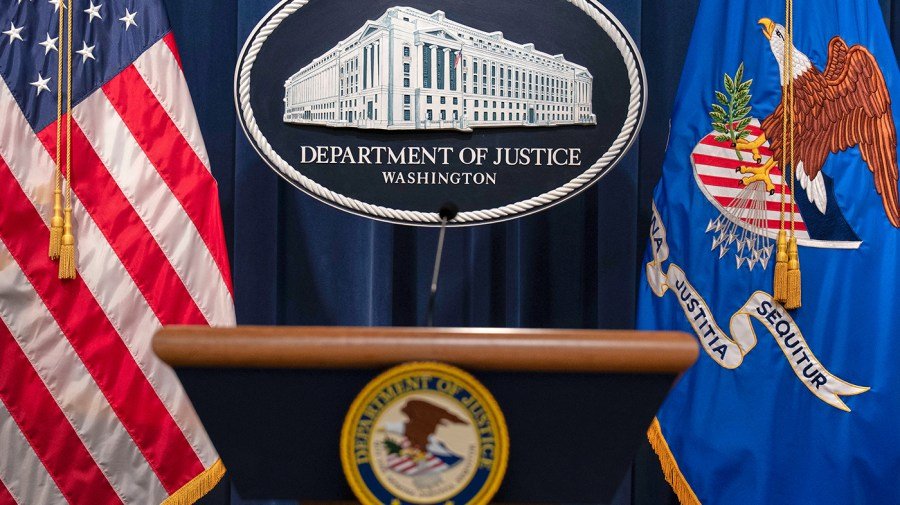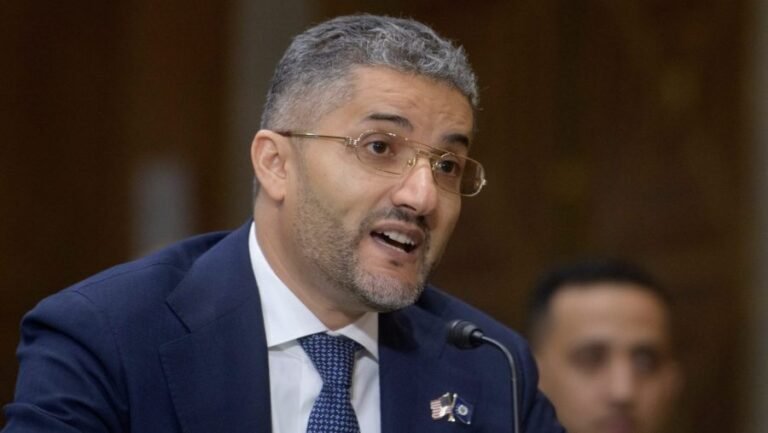
The Department of Justice (DOJ) announced Wednesday it has reached a deal with the University of Virginia (UVA), the first for a public university, to pause federal investigations and ensure funding in the future.
UVA agreed to adhere to the department’s “Guidance for Recipients of Federal Funding Regarding Unlawful Discrimination,” which the DOJ says ensures the university won’t “engage in unlawful racial discrimination” in hiring, admissions or other processes.
Through 2028, UVA will provide data and information, certified by the university’s president, to show the institution is in compliance with the agreement.
The agreement pauses federal investigations but does not completely end them until UVA finishes reforms it planned to abolish diversity, equity and inclusion programs on campus.
“This notable agreement with the University of Virginia will protect students and faculty from unlawful discrimination, ensuring that equal opportunity and fairness are restored,” Assistant Attorney General Harmeet Dhillon of the DOJ’s Civil Rights Division said.
“We appreciate the progress that the university has made in combatting antisemitism and racial bias, and other American universities should be on alert that the Justice Department will ensure that our federal civil rights laws are enforced for every American, without exception,” Dhillon added in her statement.
The news release announcing the deal also notes the Trump administration will allow UVA to be eligible for future government grants and awards.
The Hill has reached out to UVA for comment.
This is the first agreement struck with a public institution, after Columbia University and Brown University had harsher deals earlier in the year that caused them to concede multimillion-dollar payouts and change other policies such as disciplinary processes.
The UVA agreement ends negotiations that have lasted for months, which earlier in the year resulted in the ouster of the university’s former president.
It also comes after UVA rejected the Trump administration’s college compact, which gave certain institutions the opportunity to get preferential treatment in funding awards if they made certain policy changes at their school.


